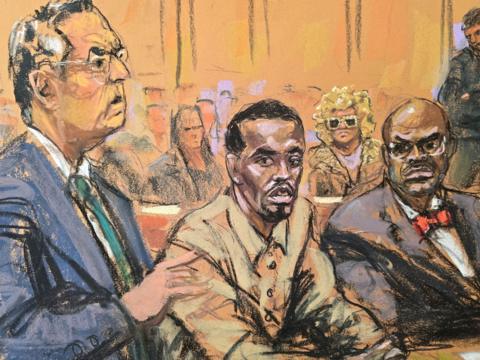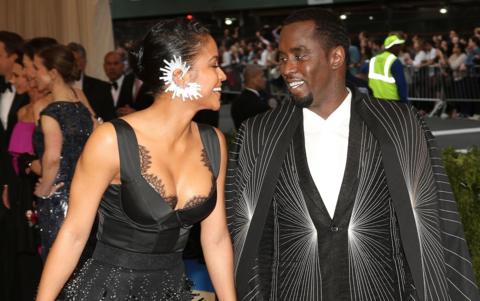At the hearing on Tuesday, a judge ordered that prosecutors destroy copies of materials seized in Mr Combs' jail cell as the judge weighed whether they could be used in court.
Judge Arun Subramanian, who is overseeing the case, ruled that the US Attorney's Office for the Southern District of New York cannot use the material or any excerpts from it during Combs’ upcoming bail hearing on Friday. The judge said he would examine the materials and weigh in on whether that can be used at trial.
Mr Combs’ defence team claimed that government prosecutors illegally seized his personal notes during a search of his jail cell at the Metropolitan Detention Center in Brooklyn, where he has been detained since his arrest on 16 September in the lobby of a Manhattan hotel. They argued some of the materials detailed information that is protected under attorney-client privilege, which shields information discussed between a client and an attorney.
The government detailed that a "filter" team went through all materials before they were given to prosecutors. "The information at issue is not protected," prosecutor Mary Slavik said at the hearing. They argued the information could be considered obstruction of justice and negate the typical protections of attorney-client privilege.
The musician, who is best known for 1990s hits such as I'll Be Missing You and Mo' Money, Mo' Problems, has been denied bail since his arrest, with multiple judges citing a risk that he might tamper with witnesses. He's currently in custody in Manhattan.
His lawyers made a renewed bid for bail last week, proposing a $50m (£39.6m) package that would see Mr Combs be monitored around the clock by security personnel, while under house arrest.
Lawyer Alexandra Shapiro argued it was impossible for the musician to prepare for trial from behind bars because of the "incredibly voluminous" amount of material to review, especially without a laptop computer.
She also said his preparation has been hampered by conditions at the jail, including frequent lockdowns and officers taking away the pens he uses to take notes.
Detention is stripping Mr Combs of "any real opportunity" to be ready for trial, violating his rights under the US Constitution, Shapiro said.
In response, prosecutors argued that the request for bail should be denied, alleging that Mr Combs "poses serious risks of danger and obstruction of these proceedings".



